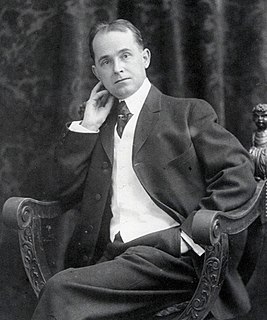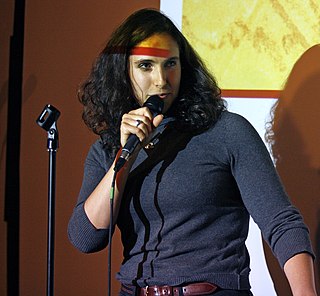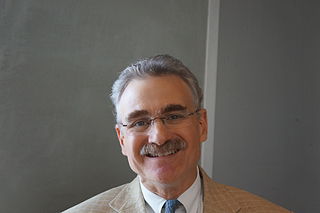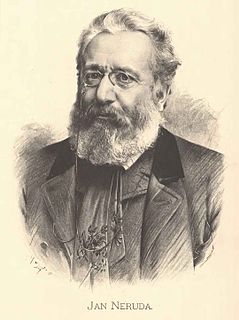A Quote by Vera Brittain
If the would-be writer studies people in their everyday lives and discovers how to make his characters in their quieter moods interesting to his readers, he will have learned far more than he can ever learn from the constant presentation of crises.
Related Quotes
[A writer] must try to think clearly, to feel deeply, to write honestly. If he is fortunate he will make a living, but his work will never be anymore essentially clear and deep and honest than he himself is, and he will be judged finally not for how many copies his books have sold, but for what they have done to enrich the lives of their readers, now and in time to come.
I hope and dream the time will come when serious artists will make marvelous pictures that will love and live in life-like manner and be far more interesting and wonderful than pictures you now see on canvas. I think if Michelangelo was alive today he would immediately see the wonders...The artist can make his scenes and characters live instead of stand still on canvas in art museums.
Tweeting is a great way to practice writing jokes, but there is so much more to comedy writing than just jokes. Jokes are a necessity, but you also have to learn how to write characters, to break a story, to keep coherence between episodes. I've learned more by being a TV writer than I ever could've on my own.
Constant work, constant writing and constant revision. The real writer learns nothing from life. He is more like an oyster or a sponge. What he takes in he takes in normally the way any person takes in experience. But it is what is done with it in his mind, if he is a real writer, that makes his art.
Filmmaking materials are in the hands of more people now than ever before. I would like to think that the more people have these tools, the more people will learn how to use them, it's another argument I would argue for, personally, for art's education. Because there are kids who aren't that literate in screen language and they've got to know how people select shots, how people edit audio, how people combine things to make what they see on the screen. It would be like the 15th century or the 16th century in Germany, and somebody amends a printing press and you don't know how to read and write.
Get people talking. Learn to ask questions that will elicit answers about what is most interesting or vivid in their lives. Nothing so animates writing as someone telling what he thinks or what he does - in his own words. His own words will always be better than your words, even if you are the most elegant stylist in the land.
The story man must see clearly in his own mind how every piece of business will be put over. He should feel every expression, every reaction. He get far enough from his story to take a second look at it... to see whether there is any dead phase... to see whether the personalities are going to be interesting and appealing to the audience. He should also try to see that the things that his characters are doing are of an interesting nature.
The individual man, in introspecting the fact of his own consciousness, also discovers the primordial natural fact of his freedom: his freedom to choose, his freedom to use or not use his reason about any given subject. In short, the natural fact of his "free will." He also discovers the natural fact of his mind's command over his body and its actions: that is, of his natural ownership over his self.
Steve Grand is the creator of what I think is the nearest approach to artificial life so far, and his first book, Creation: Life and How to Make It, is as interesting as you would expect. But he illuminates more than just the properties of life: his originality extends to matter itself and the very nature of reality. Not since David Deutsch's The Fabric of Reality have I encountered such a compelling invitation to think everything out afresh, from the bottom up.
For those who do not make the transition to a matured, more spiritual self-will reason will indeed be no more than rationalization. Here is a prodigious parallel: just as in antiquity the dysdaimonic personality could not appreciate how his mentality was bound in by his characterological (banausic, doulic) biases, so in modernity the facile or abstractivist rationalist cannot comprehend how his "rationality" merely slavishly subserves his appetites, delusions, preconceptions, ideologies, etc.






































